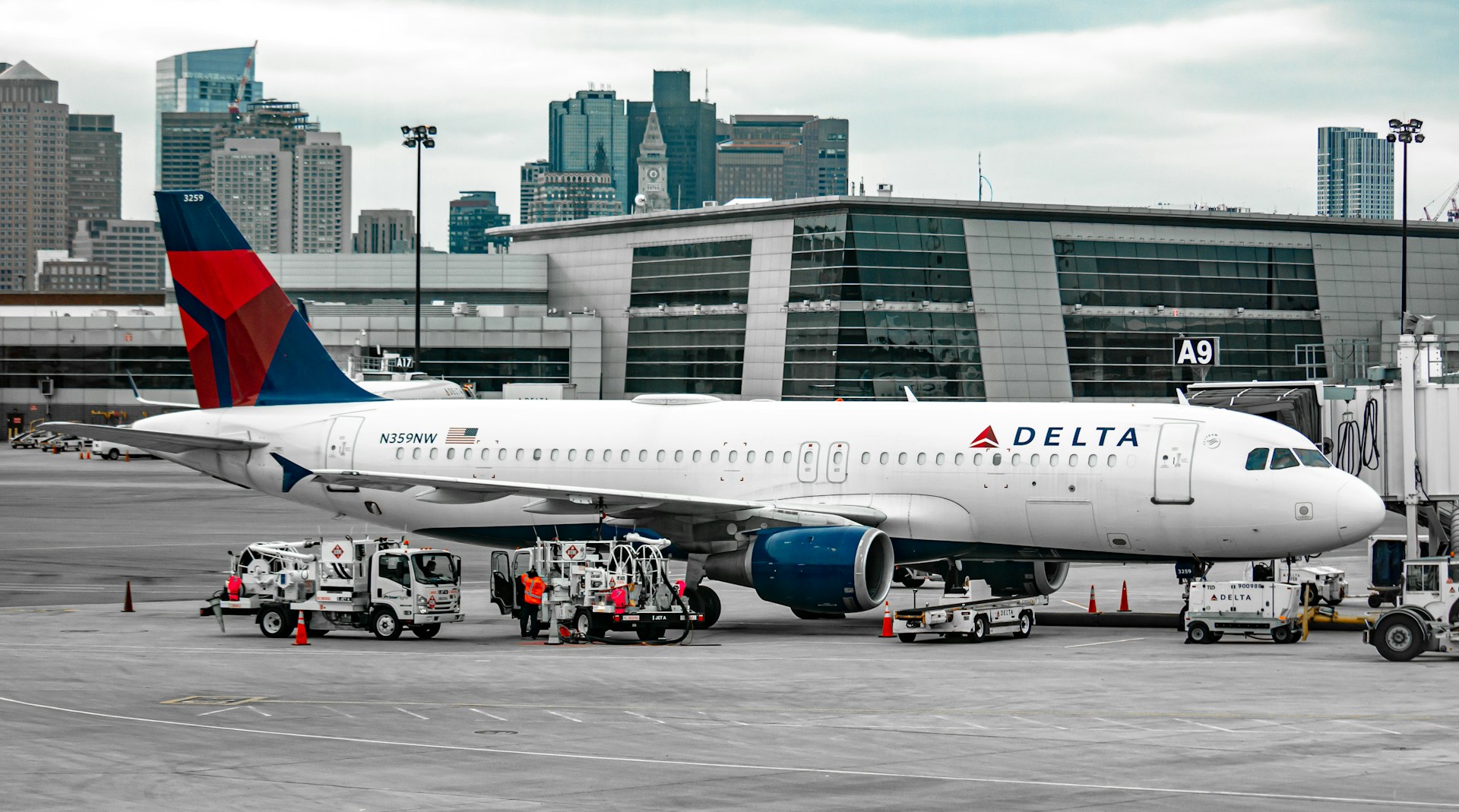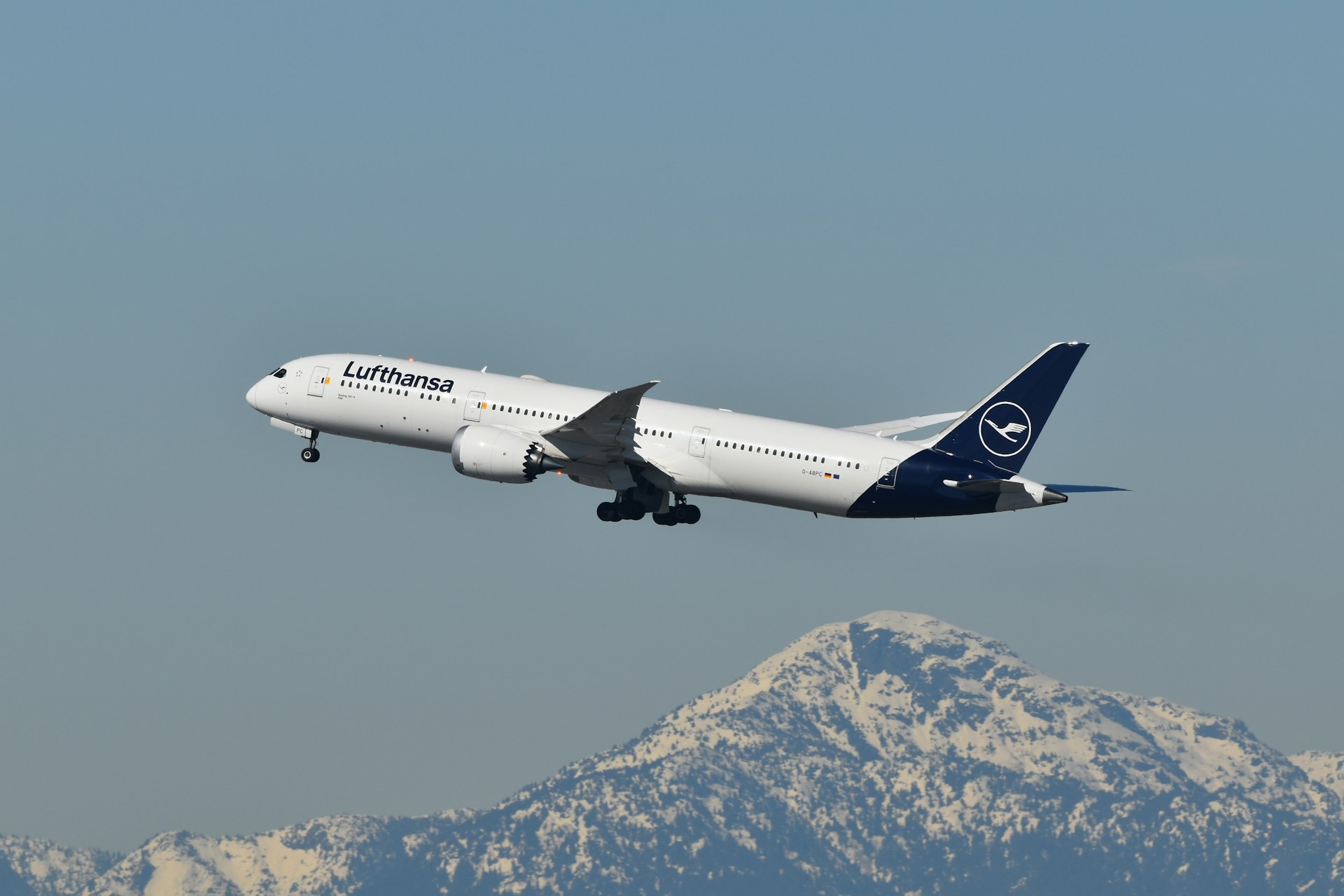Delta Restores CRJ900 to Service After Ground Collision With Airbus A350 at Atlanta Hub
Key Takeaways
- Delta Air Lines has completed repairs on a Bombardier CRJ900 regional jet damaged in a ground collision with an Airbus A350 at Atlanta’s Hartsfield-Jackson International Airport.
- The incident highlights the operational complexity of managing mixed-fleet movements at the world’s busiest airport.
- The CRJ900 has now returned to service after certified structural repairs, minimizing disruption to Delta’s regional flight schedules.
- Ground collisions between aircraft can lead to significant operational and financial impacts, emphasizing the importance of strict safety protocols.
- Delta’s quick restoration effort underscores its maintenance strength and fleet management discipline amid high operational demand.
Delta Completes Repair of Damaged Regional Jet
Delta Air Lines has returned one of its Bombardier CRJ900 aircraft to service following comprehensive repairs after a ground collision with an Airbus A350 at its main hub, Atlanta Hartsfield-Jackson International Airport (ATL).
The incident, which occurred during ground operations, involved the smaller regional jet coming into contact with the larger wide-body A350. While no injuries were reported, both aircraft sustained damage that required inspection and repair.
The repaired CRJ900 has since rejoined Delta’s domestic fleet, marking a swift operational recovery that reflects the airline’s strong maintenance capabilities and focus on safety.
The Challenge of Managing a Mega-Hub
As the world’s busiest airport by passenger traffic, Atlanta’s Hartsfield-Jackson handles more than 700,000 aircraft movements annually. The sheer density of operations means that coordination between aircraft of vastly different sizes—regional jets and long-haul wide-bodies—requires precise choreography.
Delta’s ground crews and pilots operate under constant time pressure, particularly during peak departure banks when dozens of flights push back simultaneously. Incidents like this highlight the importance of ground situational awareness, communication between ramp teams, and visibility management in crowded environments.
Inside the Repair Process
Repairing aircraft damaged in ground collisions involves extensive safety and certification procedures. Following the incident, Delta engineers performed a detailed structural integrity assessment of the CRJ900 to identify and repair any damage to its fuselage and control surfaces.
All repair work adhered to Federal Aviation Administration (FAA) and manufacturer-approved standards before the aircraft was cleared for return to service. Maintenance personnel also conducted functional tests and system calibrations to verify performance before the aircraft resumed commercial operations.
The repair underscores Delta’s maintenance reliability infrastructure, which includes multiple heavy maintenance bases across the U.S. capable of handling complex repairs without prolonged service disruptions.
Operational and Financial Implications
Ground damage incidents can have multi-million-dollar cost implications, including repair expenses, temporary fleet imbalances, and lost flight revenue. For Delta, temporarily losing a CRJ900 affects short-haul schedules across its Delta Connection network, which serves critical domestic routes linking smaller markets to major hubs.
However, Delta’s ability to repair and restore the aircraft quickly demonstrates its fleet resilience and operational flexibility. The airline’s proactive approach minimizes cascading delays and supports network reliability—a critical factor in maintaining passenger confidence.
Industry-Wide Ground Safety Lessons
The Atlanta collision underscores the broader industry need for enhanced ground safety technologies and procedures. Modern airports are adopting advanced ground radar systems, better ramp lighting, and automated guidance tools to reduce human error during aircraft movement.
Aviation safety experts also emphasize the importance of cross-training ground personnel and improving communication between flight crews and ramp controllers. For major airlines operating at high-density airports, investing in these safety systems remains an ongoing priority.
FAQs
What caused the collision between Delta’s CRJ900 and Airbus A350?
Specific details have not been released, but ground collisions typically stem from visibility challenges, miscommunication, or procedural oversights during taxi or towing operations.
How long do such aircraft repairs take?
Depending on the extent of damage, repairs can range from a few weeks to several months. The CRJ900’s return to service indicates the damage was moderate and handled efficiently.
Do ground collisions affect an airline’s safety record?
No. When no injuries occur and aircraft remain under control, these events are classified as operational incidents rather than flight safety accidents.
Are such incidents common at major hubs?
While rare, minor ground collisions do occur at large airports due to tight scheduling and congested ramps. Enhanced training and radar systems help mitigate risks.
What steps prevent similar events?
Airlines employ strict taxi protocols, improved ramp lighting, advanced ground tracking systems, and continuous crew training to reduce collision risks.
✈️ Bottom Line:
Delta’s rapid repair of the damaged CRJ900 and its return to service highlight the airline’s robust maintenance operations and strong safety culture. At a time when global aviation is pushing for greater ground efficiency, the Atlanta incident reinforces why constant vigilance and advanced safety systems are essential to keeping the world’s busiest airports running smoothly.
.zip%20-%201.PNG)



